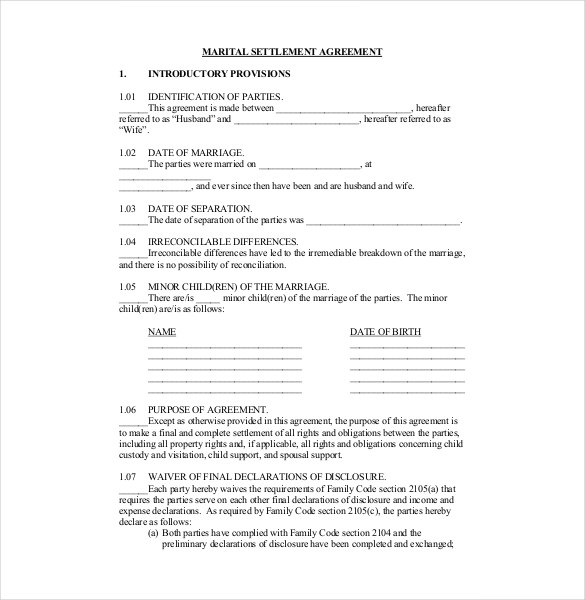

the actual need and ability of the parties to pay.any other factors the court deems relevantĪbsent an agreement of the parties, the judge will decide whether to award alimony, and if so, the amount and duration of alimony, after considering the following factors:.the extent to which a party deferred achieving their career goals, and.the need for a trust fund for medical or educational costs for a party or child.the debts and liabilities of the parties.the need of a parent who has physical custody of a child to own or occupy the marital residence or civil union shared residence, and to use or own the household effects.the tax consequences of the proposed distribution to each party.each party’s contribution to the acquisition, dissipation, preservation, depreciation, or appreciation of the marital or civil union property, and as well as a homemaker.each party’s contribution to the education, training or earning power of the other.each party’s income and earning capacity, including length of absence from the job market, custodial responsibilities for children and the time and expense necessary to acquire sufficient training to become self-supporting.each party’s economic circumstances when the property division becomes effective.


You will attend a court hearing, at which time the judge will make sure that all of your paperwork is in order, perhaps ask you a few questions, and enter your Judgment of Divorce. These documents are filed with the court, and copies of them are provided to your spouse. For an uncontested divorce, one of these documents will be a marital settlement agreement outlining the division of assets, and your agreement regarding any children. You begin by preparing a Complaint for Divorce, along with various other supporting documents. The simplest procedure is an uncontested divorce, where you and your spouse can reach an agreement about the division of your property, and, if you have any children, what arrangements will be made for them. You may file in the Chancery Division of Superior Court in any New Jersey county. In order to file for divorce in New Jersey, one of the following requirements must be met: (1) one party has been a resident of New Jersey for at least 1 year, or (2) if the cause of the divorce is adultery that occurred in New Jersey, one party must be a resident (without any time limitation). If there are minor children, they will also need to resolve issues of child custody, visitation, and support. If one of them will be unable to be self-supporting after the divorce, the issue of alimony may arise. For any married couple, a divorce will accomplish two things: (1) severing the marital relationship, and (2) dividing assets and debts.


 0 kommentar(er)
0 kommentar(er)
